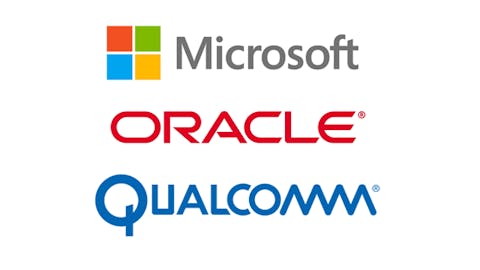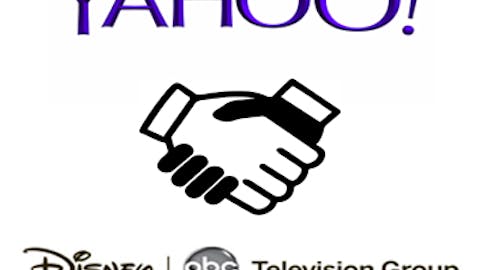When it comes to the animation industry, Dreamworks Animation Skg Inc (NASDAQ:DWA) and Walt Disney Co (NYSE:DIS) are certainly at the top of their field, consistently producing high quality, beloved movies, and each having its own stories of success. You may already know the intertwined history of the two companies; how Jeffrey Katzenberg leveraged his managerial and creative abilities to turn-around the prospects of Walt Disney before later leaving to found DreamWorks Animations after failing to secure a promotion to the position of President of Walt Disney. The competition between the two companies has been seen in their animation releases since, most of which come within a short time span from each other, such as Antz vs A Bug’s Life, Shark Tale vs. Finding Nemo, and more. While the competition is stiff, it has remained civil. In this article, we’ll look at the financial battle between the two, as we share with you a showdown of the two stocks to establish which animation studio has the better stock, including the sentiment towards each from the smart money tracked by Insider Monkey.

We pay attention to hedge funds’ moves because our research has shown that hedge funds are extremely talented at picking stocks on the long side of their portfolios. It is true that hedge fund investors have been underperforming the market in recent years. However, this was mainly because hedge funds’ short stock picks lost a ton of money during the bull market that started in March 2009. Hedge fund investors also paid an arm and a leg for the services that they received. We have been tracking the performance of hedge funds’ 15 most popular stock picks in real time since the end of August 2012. These stocks have returned 123% since then and outperformed the S&P 500 Index by around 66 percentage points (see the details here). That’s why we believe it is important to pay attention to hedge fund sentiment; we also don’t like paying huge fees.
Year-to-date, Dreamworks Animation Skg Inc (NASDAQ:DWA) has posted a gain of 13.52% while Walt Disney Co (NYSE:DIS) has shot up by 25.75%, pushing it to more than $100 per share. In terms of dividend, Walt Disney Co sports a dividend yield of 1.11%, having hiked its now-semi-annual dividend to $0.66. The announced dividend was a great improvement compared to its previous annual dividend of $1.15. Dreamworks does not pay a dividend to shareholders. Dreamworks sports a lower price-to-sales and price-to-book ratio than Disney, at 3.17 compared to 4.12 in the former case, and 1.88 to 4.48 in the latter. While this can be seen as a positive for Dreamworks, one can also say that it isn’t surprising given Disney’s growth prospects that it would be more highly valued.
Dreamworks posted a diluted earnings per share loss of $0.64, lower than the earnings per share loss of $0.51 that it posted in the same quarter last year. While Dreamworks Animation is still posting losses, its latest earnings results showed that its revenue grew by 13.1% on a year-over-year basis to reach $166.53 million, beating the $164.24 million expected by analysts. On the other hand, Walt Disney posted earnings per share of $1.23 in its most recent earnings results, beating the Thomson Reuters estimate of $1.11. Year-over-year, the earnings were up by 13.89%. The Burbank, California-based company posted revenue growth of 7.0% to hit $12.46 billion, also beating the analysts’ consensus estimate of $12.20 billion.
In terms of insider activity, which also provides a good picture of what is expected of the stock, Dreamworks had a total of six open market buys involving 52,541 shares and one sale involving 6,202 shares. Officer Satterthwaite Dan made the sale at a price of $27.50 per share. Meanwhile, Disney had a total of 21 insider transactions, involving nine buys and 12 sales, with net activity of negative 551,560 shares over the past three months. In fact, the nine buys involved only 4,204 shares. The trend looks similar to what has transpired over the past 12 months, in which the net activity stands at a negative of 1.15 million shares, with only 20,283 shares being bought. A notable sell-off came from Officer Woodford Brent, who sold a total of 4,000 shares over the past three months.





